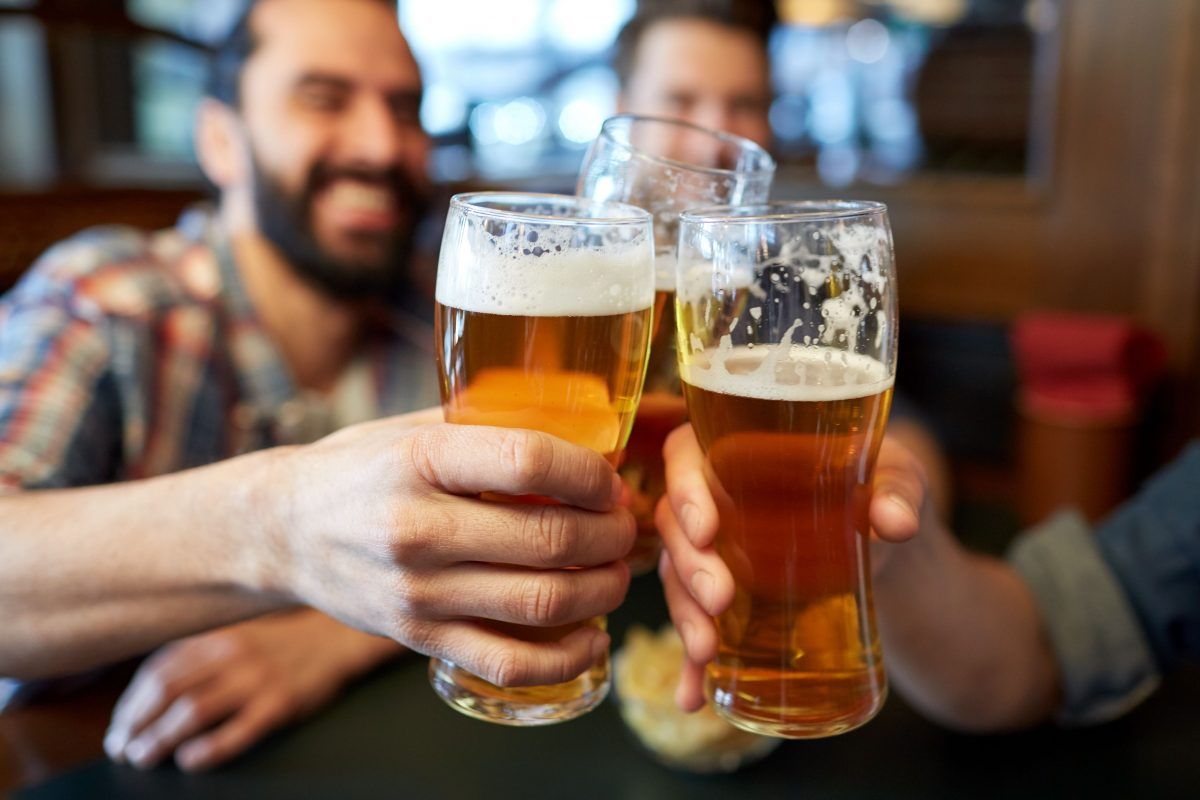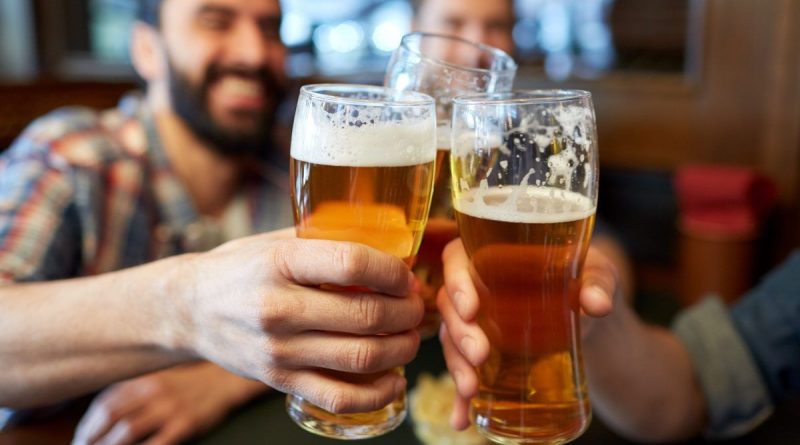Here's what you need to know about alcohol consumption and diabetes | The State

Can i drink alcohol It is one of the main questions that people diagnosed with diabetes do to their health care providers. The truth is diabetes is considered one of the chronic diseases most recurrent in the Modern society and it is a condition that involves making adjustments at lifestyle of people.
In fact, it has been proven that important part of the treatment is make changes in habits and customs, among the main ones are to follow a balanced diet, perform daily physical activity, to rest well Y control stress levels. Based on this, many questions around alcohol consumption in diabetics, the first thing you should know is that according to specialists it may vary depending on the health condition of each person and the intake of glucose-lowering medications in blood. However as in everything, nothing in excess is healthy and much less if you suffer from a chronic disease.
In general, diabetes experts recommend that most people can drink alcohol in moderation without compromising your health, blood glucose control or security. In fact, there may be some health benefits of the regular moderate intake of alcohol.
With based on the above it is essential to have a good control of daily diet, limit alcohol consumption to special occasions, control quantities and be informed about the caloric intake of alcoholic drinks that we usually consume. Is last observation is a relevant point, since not all alcoholic beverages impact in the same way in the body.
So: How many calories does a margarita have? Does a glass of wine raise blood sugar? Will a beer derail a diabetes eating plan? Throughout this content all these questions will be answered.
How Much Alcohol is Too Much?
In broad strokes the adults with diabetes can drink alcohol and according to specialist doctors they should follow the same dietary guidelines 2020-2025established for the general public: an average of up to one drink per day for women Y up to two drinks per day for men. It is worth mentioning that it is essential be familiar with portion sizes, below some references of the most popular drinks:
- Regular or light beer: 12 ounces
- Wine (with the exception of sweet dessert wines): 5 ounces of wine
- 80 proof distilled spirits (such as scotch, gin, rum, or whiskey, they can be alone or in mixed drinks): 1.5 ounces
- Other spirits: 1.5 ounces
The adults with diabetes, they should not drink more than three or four drinks in a single day. When it comes to the blood sugar control, it has A study showing that a moderate amount of alcohol have minimal short or long term effects on blood sugar levels in people with type 1 or type 2 diabetes. However, it has been shown that drink more than three drinks per day over time makes the glucose control is a challenge.
It is also essential to know that alcoholic drinks, like many other drinks, contain calories what can accumulate quickly. So simply going out for a couple of drinks is a habit you can add 500 calories, or more, to your daily intake. In addition, most alcoholic beverages have little or no nutritional value. While there are some alternatives rich in antioxidants as is the case of wine and beer, it is very important to avoid cocktails mixed with soda, juice, cream, or ice creamNot only do they provide many calories; stand out for a high sugar content and in some cases fat.
Within the alcoholic beverage options most recommended for diabetic population and that stand out for their moderate caloric intake, there are the following alternatives:
- Light beer (355 ml): 103 calories * A regular beer provides: 153 calories
- Gin (45 ml): 97 calories
- Vodka (45 ml): 97 calories
- Whiskey (45 ml): 97 calories
- White table wine (145 ml): 128 calories
- Red table wine (145 ml): 125 calories
While it is true that there is various references that have shown that moderate alcohol consumption has some health benefits, will never be recommended and there are particular cases in which just not recommended. Among its positive aspects, there is a decrease of 30-50% in the risk of heart disease and one 50-80% decrease at Death risk by heart disease.
Undoubtedly the greatest concern around alcohol consumption and diabetics, is for people who take insulin I glucose-lowering medications, As it can increase the risk of hypoglycemia. These include all insulins and pills in the sulfonylurea category and in the category of glinida.
Alcohol consumption in diabetes is also associated with other risks which is worth mentioning. The alcoholic drinks as Beer Y sugary mixed drinks They are rich in carbohydrates, therefore they could cause a increase in blood sugar levels.
In certain people the calories containing alcohol, can produce weight gain. It is well known that overweight and obesity, are triggers that make diabetes much more difficult to control. What happens is that these calories are stored in the liver as fat and the liver fat causes liver cells to become more resistant to insulin.
At the same time it is very important to mention that states of intoxication completely alter the state of health and make it more difficult recognize the symptoms of a low blood sugar level. On the other hand, in the cases of patients with complications other than diabetes, as is the case with neurological, eye, or kidney damage, alcohol could worsen these conditions.
Practical tips for alcohol consumption in diabetics:
- Do not drink any type of alcoholic beverage with the empty stomach.
- Don’t skip main meals, especially if you take a blood glucose-lowering drug that could cause hypoglycemia.
- Before you start drinking, determines what the blood sugar level is.
- Limit calories and carbohydrates additional with alcohol.
- Avoid mixed drinks with high in calories and carbohydrates, like margaritas, coffee liqueurs, piña colada, and daiquiris.
- Taking healthier decisions to help maintain a low calorie and carbohydrate count. Bet on the consumption of light beer, a glass of wine or a shot of distilled spirits with ice or mixed with a calorie-free beverage such as water, sparkling water, diet tonic water, or diet soda.
- Practice moderation.
- Always accompany alcoholic beverages with a large glass of water.
- Blood sugar should be in a safe level (90-150 mg / dl) before drinking alcohol.
.



